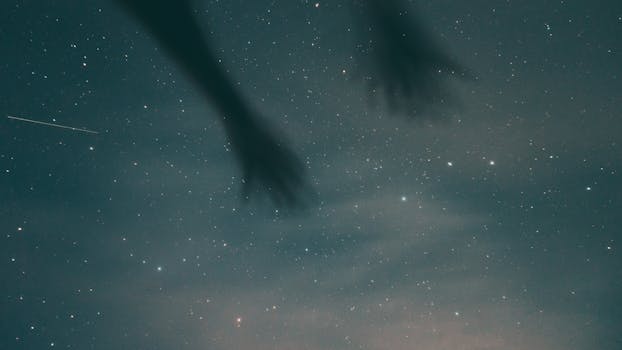
“
Stargazing and Storytelling: How Imagination Elevates Us Beyond the Stars
Stargazing and storytelling have been an integral part of human culture for centuries. From ancient myths to modern-day sci-fi, our imagination has always been drawn to the stars. In this article, we will explore the connection between stargazing, storytelling, and imagination, and how they can elevate us beyond the stars.
Introduction to Stargazing
Stargazing is the act of observing the night sky, often with the help of telescopes or binoculars. It has been a popular hobby for centuries, with many people drawn to the beauty and mystery of the stars. Stargazing can be a powerful way to connect with the universe, and to gain a deeper understanding of our place within it. This connection can be further enriched by storytelling, which adds layers of meaning to our celestial observations.
The Power of Storytelling
Storytelling is an essential part of human culture, and has been used for centuries to pass down knowledge, myths, and legends. Stories have the power to inspire, educate, and entertain, and can be a powerful tool for personal growth and development. When combined with stargazing, storytelling can take on a whole new level of depth and meaning, as seen in various narratives about the cosmos, such as those found in Galaxies of Dreams.
Imagination and the Cosmos
Imagination is the key to unlocking the secrets of the universe. By using our imagination, we can explore the cosmos in ways that would be impossible in real life. We can imagine what it would be like to walk on the moon, or to explore the surface of Mars. We can imagine what kind of life might exist on other planets, and what kind of civilizations might be out there. This imaginative journey is beautifully captured in discussions about cosmic creativity.
Takeaways
- Stargazing and storytelling can be a powerful combination for personal growth and development.
- Imagination is the key to unlocking the secrets of the universe.
- By using our imagination, we can explore the cosmos in ways that would be impossible in real life.
See more:
https://www.nasa.gov/
https://www.space.com/
https://www.astronomy.com/







